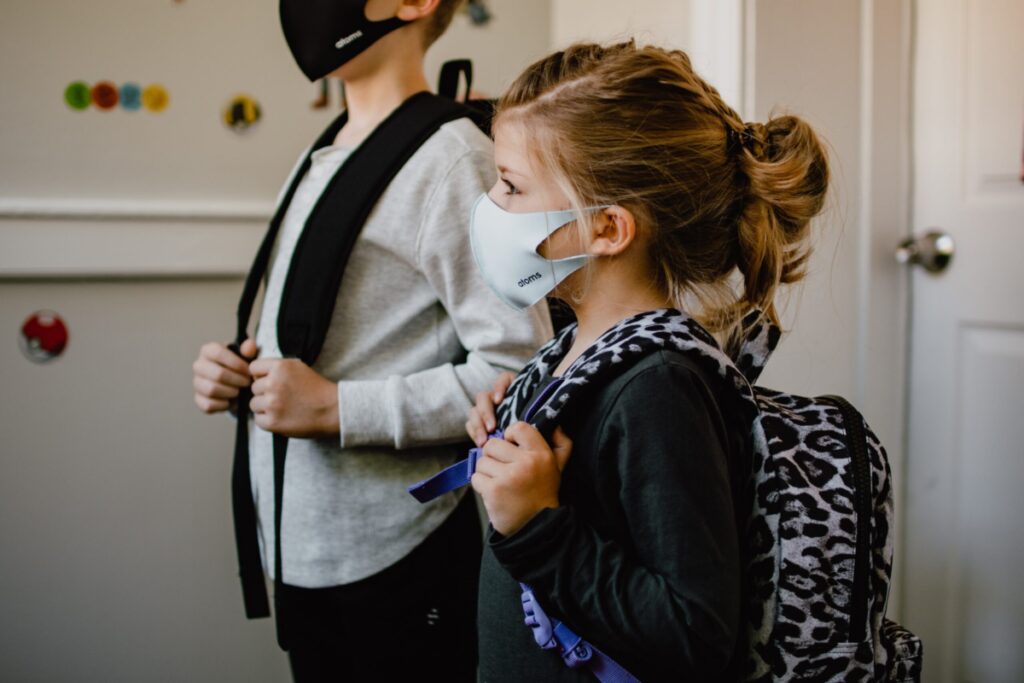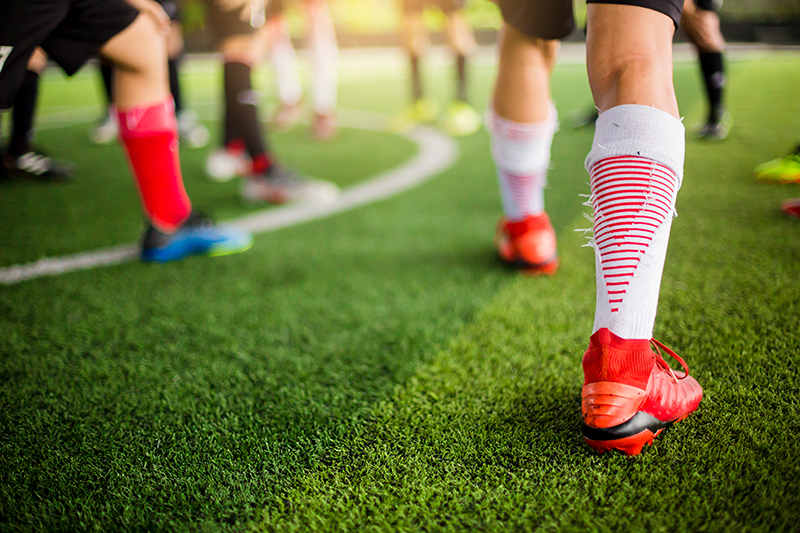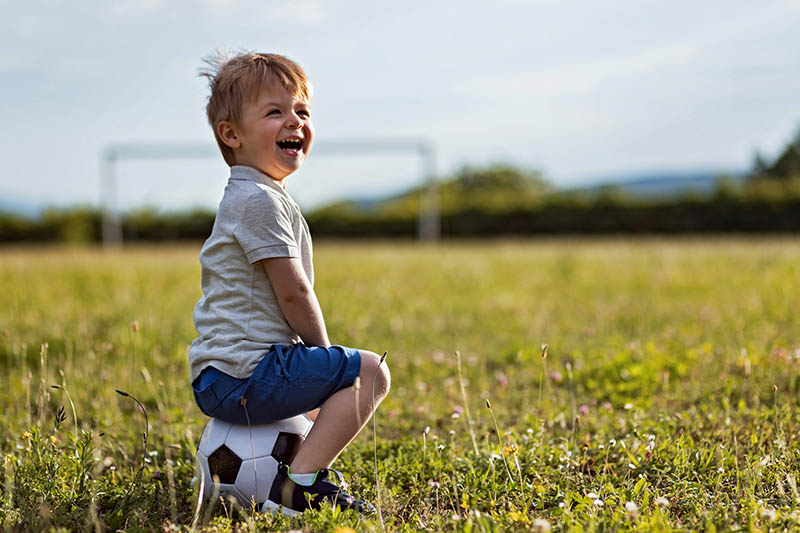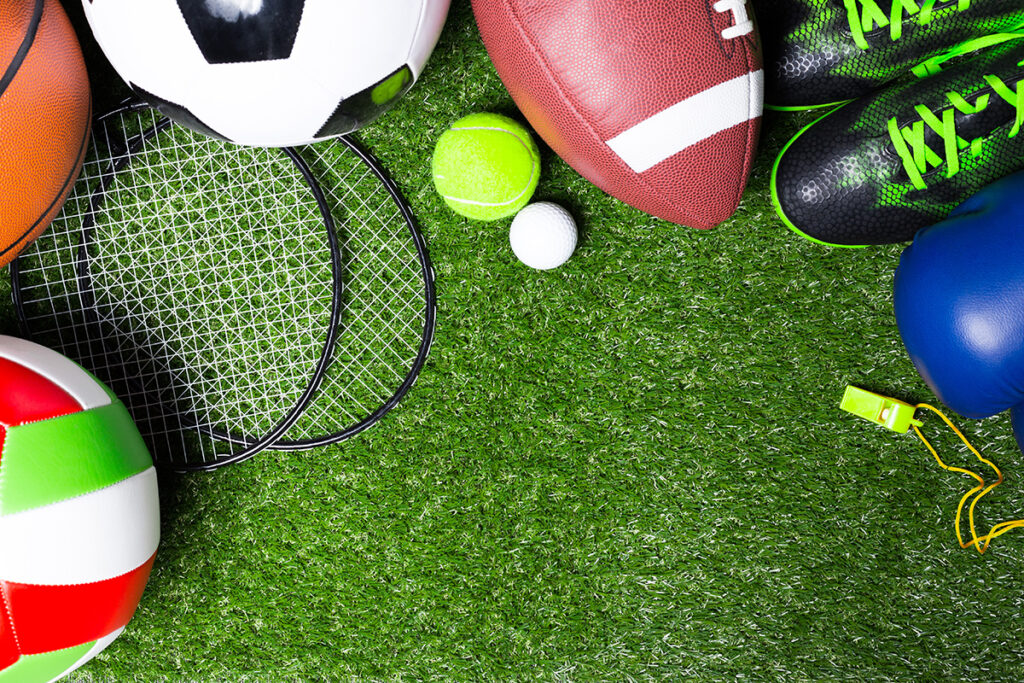Backpacks are on everyone’s back-to-school shopping list, ready to carry all your child’s books, binders, laptops, and school supplies. However, full backpacks can be quite heavy and cause back strain and pain.
Backpacks are designed to distribute weight evenly, so when they are used and packed properly, backpack safety is not a concern. However, improper use or wearing of a backpack sets the stage for pediatric orthopedic problems. At TPOC, we take backpack safety very seriously. Read on about the potential medical problems associated with your child’s backpack use and ways to avoid them.
Muscle Strains When Wearing Backpacks
Muscle strains—particularly of the shoulders and back—are a common complaint among children carrying heavy backpacks or packs that are stuffed improperly. These muscle strains can be worsened when the backpack is carried with one strap over one shoulder as opposed to using both straps (one over each shoulder). Your child may complain of muscle strain in the neck as well, or muscle stiffness (due to strain) in the neck and shoulders.
Other Physical Issues Due to Backpack Wearing
“Backpack syndrome” is a term referring to the various physical maladies associated with wearing a heavy backpack, and wearing one incorrectly. Your child may have headaches and fatigue, or experience numbness in an arm because the backpack is too heavy, the strap is too thin, or it is being carried incorrectly.
Backpack syndrome may include skeletal deformities that form over time. Your child may feel the need to lean forward when wearing a heavy backpack, which can affect the lower back’s natural curve, or cause an increased curve in the upper back. This may also cause rounded shoulders or alter the head-neck angles. All these issues lead to back and shoulder pain . . . and poor posture. In more serious cases, wearing a heavy backpack inappropriately may also cause disc compression.
We also caution parents that wearing a heavy or poorly loaded backpack can affect a child’s center of balance; your child may be a bit clumsier or trip more easily when wearing one.
Solutions for Backpack Pain
Remember that a child’s musculoskeletal system is still developing well into adolescence, so we caution parents to take these steps to avoid joint or muscle injury or pain.
- Limit weight – Going to school with a full backpack shouldn’t make your child feel as if they were in military basic training! Following guidance from the American Academy of Orthopedic Surgeons and other medical organizations, we advise parents to limit backpack weight to about 15% of his/her body weight. Remove unnecessary items and leave them at school or at home. You might be quite surprised when you weigh your child’s fully loaded backpack.
- Pack properly – Avoid overstuffing the backpack and show your child how to pack books and supplies for more even weight distribution inside. Backpacks with multiple sections and side pockets are great for this. Pack the heaviest items closest to your child’s back. Encourage your child to make pitstops during the school day at the locker to swap out books or other materials. Also, take out anything that’s not essential.
- Choose wisely – Look for backpacks with wide straps; these will be more comfortable. Narrow straps can hinder circulation, cause arm and hand numbness, or just plain hurt. A pack with a waist belt provides added support for the abdominal muscles. Choose a backpack that is proportional to your child’s height and relatively lightweight when empty. Also, make sure that sharp items won’t poke out of the material.
- Use both straps and tighten appropriately – Slinging a backpack over one shoulder causes your child to compensate for that uneven weight distribution. When the backpack is properly worn, it will sit with the top about even with your child’s shoulder blades. The back and abdominal muscles—the strongest in the body—will support the pack while it also stabilizes your child’s trunk, holding the upper body in good postural alignment. Make sure the straps are snug to avoid slipping or swaying.
Visit The Pediatric Orthopedics Center for Backpack Pain
If you suspect your young child or teenager is experiencing muscle strain or other problems associated with wearing a backpack, please come into one of our NJ offices for an orthopedic evaluation. Our group is here to make sure your child avoids any long-term pediatric orthopedic problems. Contact us for an appointment here.



